Artificial intelligence is revolutionizing several industries, including education, in today's changing digital world. AI tools can transform how you teach by increasing engagement and boosting educational results. These tools enable educators to give personalized teaching by incorporating AI into education. If you are a teacher trying to find the best AI tools to offer such benefits, read this article. In this article, you will learn the top 7 AI tools for education. So, without further ado, let's get started!
In this article
Part 1: What are the Benefits of Using AI Tools for Education?
Various advantages of using AI tools in education can improve the quality of teaching. The following are some significant advantages of using AI technologies in education:
Benefit 1: Improved Efficiency
AI has the potential to streamline office work and grading processes, effectively saving instructors valuable time and effort.
Benefit 2: Universal Design and Inclusion
AI technologies enable meeting the diverse educational needs of students. Voice recognition technology facilitates speech-to-text and text-to-speech capabilities, benefiting students with impairments.
Benefit 3: Personalized Evaluations
AI technologies offer opportunities to enhance summative and formative examinations, making them more accessible and tailored to individual students' learning journeys.
Part 2: Top 7 AI Tools for Education
Several innovative companies are creating AI tools. Here are the top 7 AI tools for education:
1. Knewton
Knewton is a learning platform that adapts to the needs of each student and uses AI to personalize learning. This AI tool analyses data to determine what students already know and need to learn next. This allows it to make a customized learning environment based on each student's strengths and limitations. Its adaptive learning technology offers individualized feedback and learning support.

Some Key Features of Kewton
- Provides all necessary course materials
- Opportunities for individualized learning
- Accommodates different learning styles and encourages inclusion
- Provides on-demand tests, quizzes, and practice questions to gauge student comprehension.
2. Duolingo
Duolingo is a platform for learning languages. This AI tool leverages gamification to make the learning process enjoyable. Andit is done by using ML algorithms.

Some Key Features of Duolingo
- Uses gamification components to make language learning entertaining and engaging
- Several interactive tasks help you hone your reading, writing, listening, and speaking abilities
- Language learners may more easily include language practice into their everyday routines
- Students may access language learning materials anytime and from any location.
3. Carnegie Learning
Carnegie Learning is another AI-powered math teaching tool that offers individualized learning opportunities. This AI tool also uses ML algorithms to deliver interactive courses and real-time feedback.This assists students in comprehending complex ideas and advancing their mathematical skills.
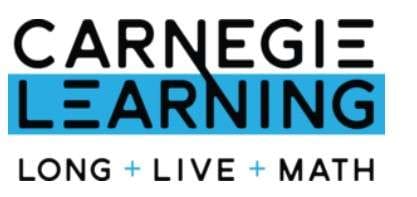
- Uses adaptive learning algorithms to tailor each student's educational experience
- Acts as an intelligent instructor, guiding and assisting pupils step-by-step
- Various formative and summative evaluation capabilities are available in Carnegie Learning's AI application.
4. Turnitin
Turnitin is an AI-based plagiarism detection technology. This AI tool aids teachers in maintaining academic integrity. Turnitin's ML algorithms spot instances of plagiarism and provide teachers with in-depth feedback.
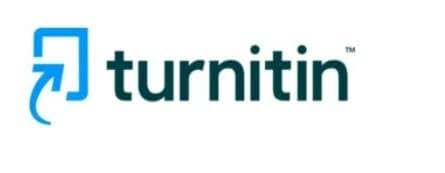
Some Key Features of Turnitin
- The hallmark of Turnitin is its effective plagiarism detection technology
- Students can critique and give comments on each other's work using the peer review option
- Offers an interactive platform for giving feedback and assessing student work
- With Turnitin's GradeMark tool, teachers may digitally grade and mark student work.
5. DreamBox
DreamBox is a platform for K–8 maths instruction. This AI tool offers individualized learning options and customize math courses for each learner.
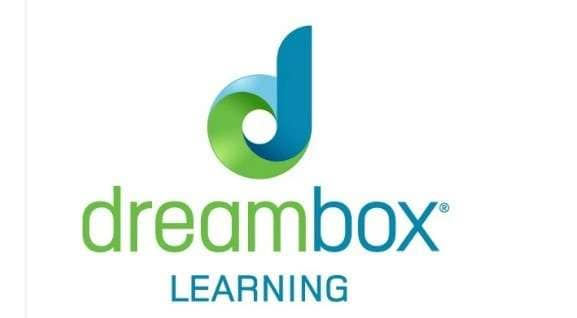
Some Key Features of DreamBox
- Uses innovative adaptive technology
- Gives immediate feedback
- Helps students in their arithmetic skill development
- Offers a full suite of tools to teachers for tracking the development.
6. Querium
Querium supports students in developing STEM competencies thatprepare them for college. The platform depends on individualized instruction and step-by-step coaching. Instructors can learn more about students' potential growth areas by checking how long sessions take to complete.
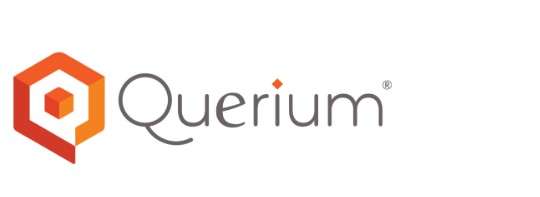
Some Key Features of Querium
- Personalized, brief lessons
- Help with tutoring in steps
- Improves student engagement.
7. Ivy.AI
Ivy is a collection of chatbot AI tools that were created specifically for schools and institutions.They help with various parts of the university process such as deadlines, tuition prices, and application forms. Ivy also cancreate recruiting initiatives using the data acquired.
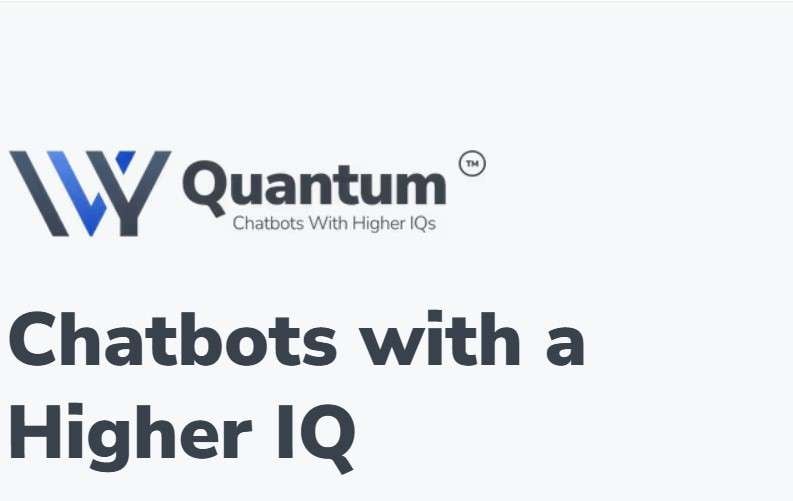
Some Key Features of Ivy Chatbox
- SMS nudges and live chat
- ERP, CRM, SIS, and Facebook integrations
- Gain knowledge over time by interacting with users
Conclusion
That’s it! I have explained the top 7 AI tools for education. These tools give pupils more support while giving teachers more time to focus on what's important. So, try these AI tools and promote individualized learning today!
FAQ
-
Q1: AI Tools for Education- What is it?
AI tools for education are online learning platforms. These tools make teaching and learning processes better. -
Q2: What do AI learning tools in the classroom do?
There are several uses for AI tools in education.- 1. Encourage academic integrity.
- 2. Assist adaptive education.
- 3. Give exciting and interactive information.
- 4. Provide real-time feedback.
-
Q3: Do AI tools replace educators?
The goal of AI tools is not to replace instructors. Instead, they help instructors' roles by improving efficiency and support in educational environments. -
Q4: Are AI technologies used in K–12 classrooms?
No, AI tools can be applied at all stages of education, from primary school through higher education and lifetime learning.
